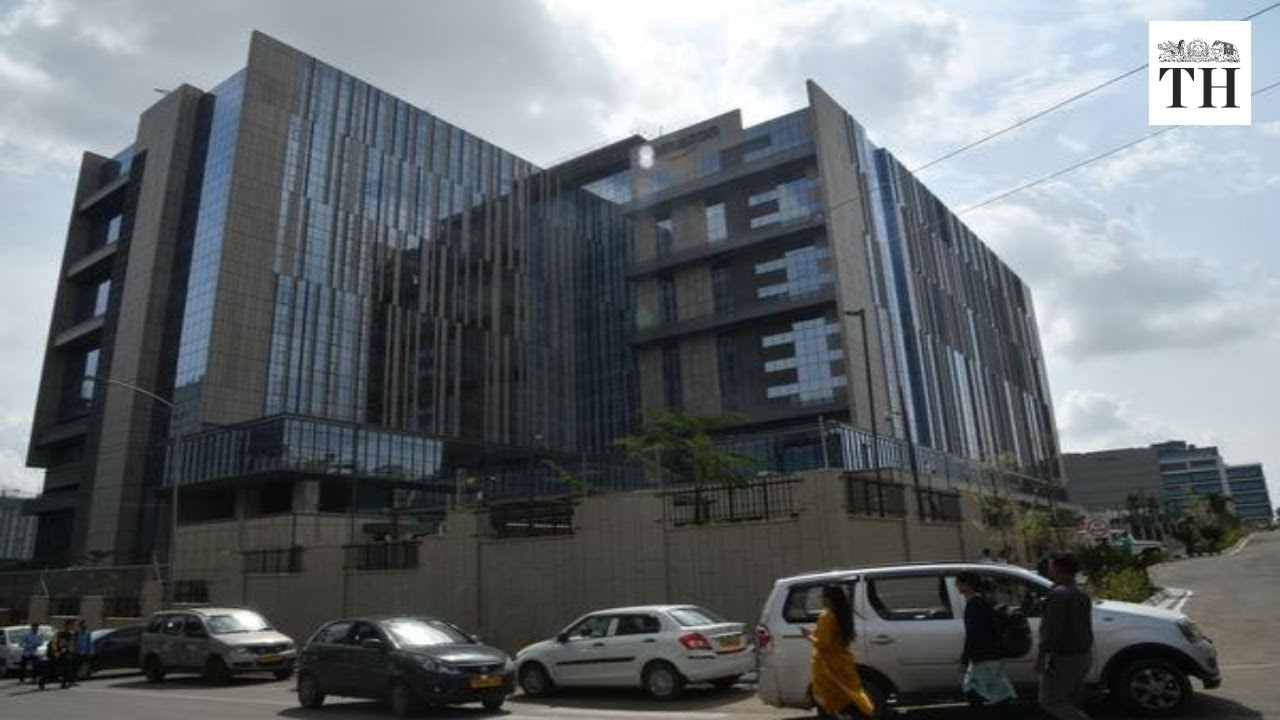American Companies Expand Operations in India
In a startling move, major American corporations are rapidly establishing extensive offshore campuses in India, tapping into a vast pool of skilled labor. Companies like Google, Amazon, and JPMorgan Chase are not just setting up shop; they are embedding themselves deeply into India’s economic fabric. The scale is staggering, with JPMorgan Chase alone employing 55,000 workers across five major cities, demonstrating a trend that not only shapes global business practices but also raises significant questions about the future of American jobs and economic stability.
Trade Policies and Economic Fallout
Amidst President Trump"s aggressive trade policies, which include imposing tariffs on Indian goods, the reality is that these measures are unlikely to curb the offshoring spree. As reported by NUS Institute, the new tariffs have sent shockwaves through global markets, creating chaos rather than the anticipated correction of trade imbalances. This indicates a severe disconnect between political rhetoric and economic realities, where punitive measures against India may further entrench American firms in the country.

A look inside Amazon"s largest global office, recently opened in India
Job Displacement in the United States
While American companies are thriving off the efficiencies of outsourcing, the consequences for the U.S. workforce are dire. Many workers are left grappling with layoffs and dwindling job prospects, particularly in sectors where offshoring is most prevalent. The notion that these jobs might return due to protectionist policies is a fantasy. Automation and the ongoing trend of offshoring mean that the American workforce faces an uphill battle. As companies invest in India, they are simultaneously signaling the marginalization of American labor, which is not only a crisis in job availability but also a crisis of dignity for workers who once felt a sense of security in their roles.
The Reality of Economic Inequality
This offshoring trend exacerbates economic inequality, creating a chasm between those who benefit from globalization and those who do not. Skilled labor in India thrives as American firms prioritize cost-cutting and efficiency over local employment. The influx of jobs to Indian cities like Bengaluru highlights a pressing issue: while tech executives enjoy the fruits of increased productivity, American workers are left to face the fallout of these economic decisions. According to TRC Global Mobility, this new wave of offshoring, or "Offshoring 2.0," is not just about cheaper labor; it involves a complex integration of skilled positions that were once thought to be secure in the U.S.

Seeing the Light at JP Morgan HQ Project | Engineering News ...
The Future of Global Labor Dynamics
As India becomes a focal point for American companies seeking skilled labor, the implications are profound. The shift is not merely about economics; it reflects a fundamental change in the global labor landscape. Workers in the U.S. must contend with an increasingly competitive environment where their jobs can be easily outsourced. The trend raises critical questions about labor rights and protections, especially as companies like Foxconn expand their operations, constructing new manufacturing plants in India. This global migration of jobs signals a need for urgent policy reform to protect American workers and ensure equitable labor practices.







![[Video] Gunfire between Iraqi security forces and Sadr militias in Baghdad](/_next/image?url=%2Fapi%2Fimage%2Fthumbnails%2Fthumbnail-1768343508874-4redb-thumbnail.jpg&w=3840&q=75)
